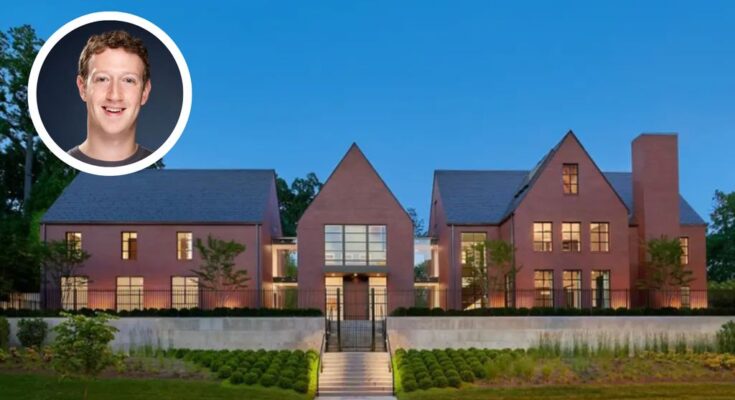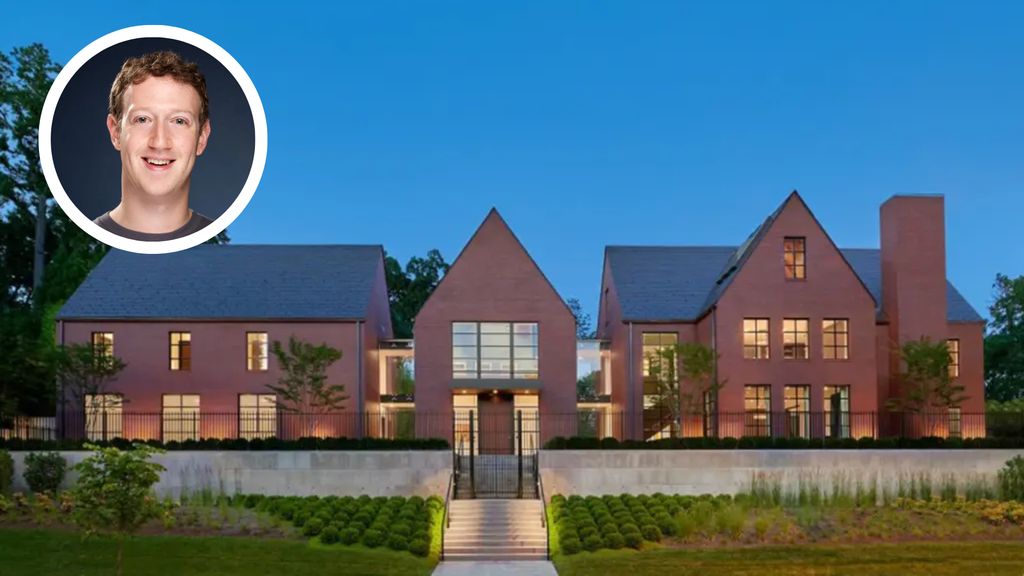 Introduction
Introduction
In a move that has garnered significant attention, Meta CEO Mark Zuckerberg has purchased a $23 million mansion in Washington, D.C.’s prestigious Woodland Normanstone neighborhood. This acquisition is not merely a real estate investment but a strategic positioning within the political epicenter of the United States. This article explores the details of the purchase, the features of the property, the motivations behind the move, and the broader trend of tech billionaires establishing a presence in the nation’s capital.
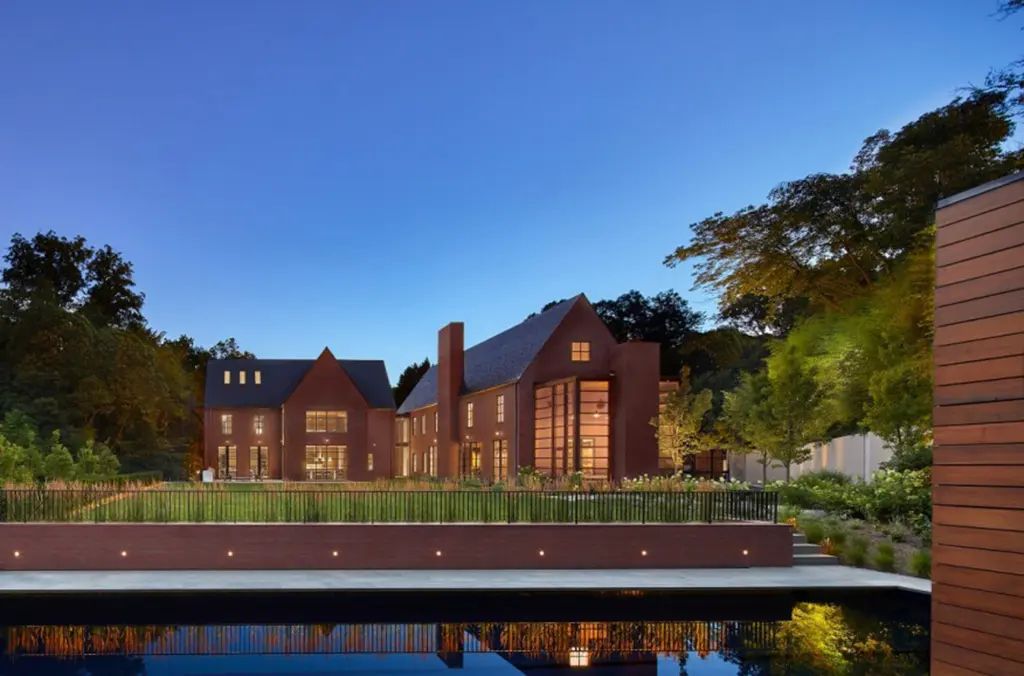 The Acquisition: A Closer Look The Property Details
The Acquisition: A Closer Look The Property Details
Mark Zuckerberg’s newly acquired mansion is a 15,400-square-foot estate located in the exclusive Woodland Normanstone neighborhood, known for its privacy and proximity to key political landmarks. The property, designed by architect Robert M. Gurney, features:
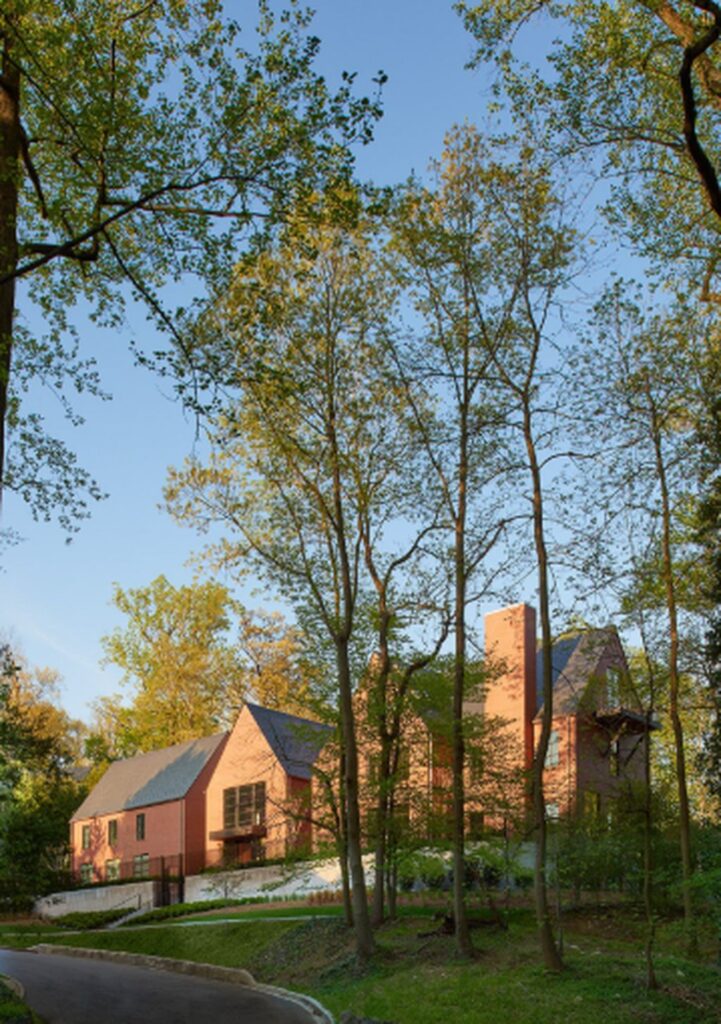 Architecture: A blend of traditional and modern aesthetics, comprising three red brick structures with steeply pitched roofs connected by glass walkways. Amenities: A basketball court, swimming pool, vegetable garden, fire pit, and a spacious lawn. Security: High walls and fencing ensure privacy and safety. Interior: Five bedrooms, seven and a half bathrooms, two kitchens, and three fireplaces.
Architecture: A blend of traditional and modern aesthetics, comprising three red brick structures with steeply pitched roofs connected by glass walkways. Amenities: A basketball court, swimming pool, vegetable garden, fire pit, and a spacious lawn. Security: High walls and fencing ensure privacy and safety. Interior: Five bedrooms, seven and a half bathrooms, two kitchens, and three fireplaces.
The mansion was purchased in March 2025 through an all-cash deal, marking it as the third-most expensive home sale in Washington, D.C.’s history .

 The Neighborhood: Woodland Normanstone
The Neighborhood: Woodland Normanstone
Woodland Normanstone is a small, affluent residential neighborhood in Northwest Washington, D.C., adjacent to the larger neighborhoods of Woodley Park, Massachusetts Avenue Heights, and Observatory Circle. Known for its secluded ambiance and proximity to the U.S. Naval Observatory and the White House, the area houses numerous embassies and residences of high-profile individuals .
 Strategic Implications of the Purchase Political Proximity
Strategic Implications of the Purchase Political Proximity
The acquisition places Zuckerberg within a 15-minute drive of the White House, facilitating easier access to political engagements. A Meta spokesperson stated that the purchase would allow Zuckerberg to spend more time in D.C. as Meta continues work on policy issues related to American technology leadership .
 Influence and Lobbying
Influence and Lobbying
Zuckerberg’s presence in Washington, D.C., is seen as a strategic move to enhance Meta’s influence on policy-making. By establishing a residence in the capital, he positions himself to engage more directly with lawmakers and regulators, especially as Meta navigates complex issues like antitrust investigations and content moderation policies.
 The “Broligarchy” Trend
The “Broligarchy” Trend
Zuckerberg’s purchase aligns with a broader trend of tech billionaires acquiring properties in Washington, D.C., often referred to as the “broligarchy.” This group includes figures like Jeff Bezos, Peter Thiel, and Eric Schmidt, who have all invested in high-end real estate in the capital to maintain proximity to political power .
 The Broader Context: Tech Moguls in D.C. A Surge in Luxury Real Estate
The Broader Context: Tech Moguls in D.C. A Surge in Luxury Real Estate
Since the reelection of President Donald Trump in January 2025, Washington, D.C.’s luxury real estate market has experienced a significant uptick in activity from Silicon Valley billionaires. High-profile tech figures have collectively invested tens of millions of dollars in prestigious D.C. properties, reshaping markets in elite neighborhoods like Georgetown and Kalorama .
 Motivations Behind the Moves
Motivations Behind the Moves
The influx of tech moguls into Washington, D.C., is driven largely by political motivations. With the Trump administration adopting a more tech-friendly agenda, influenced by figures like Vice President JD Vance and Elon Musk’s role in the new Department of Government Efficiency, tech leaders are prioritizing proximity to political power. Their D.C. properties serve as venues for political gatherings and strategy meetings, emphasizing the importance of being physically present in the capital to influence policy decisions.
 Implications for Meta and the Tech Industry Navigating Regulatory Challenges
Implications for Meta and the Tech Industry Navigating Regulatory Challenges
Meta faces ongoing regulatory scrutiny, including antitrust investigations and debates over content moderation. By establishing a residence in Washington, D.C., Zuckerberg can engage more directly with policymakers, potentially influencing the outcome of these regulatory challenges.
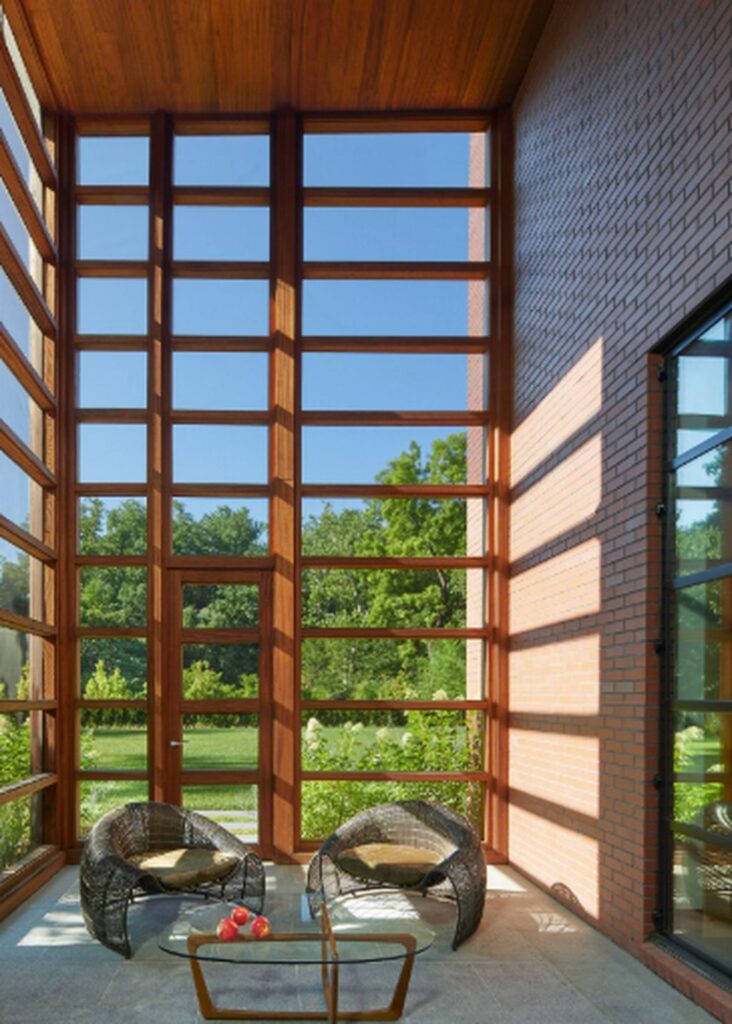 Shaping Tech Policy
Shaping Tech Policy
Zuckerberg’s presence in the capital allows him to participate more actively in shaping tech policy, particularly in areas like data privacy, artificial intelligence, and digital infrastructure. His proximity to lawmakers and regulators positions him to advocate for policies that align with Meta’s interests.
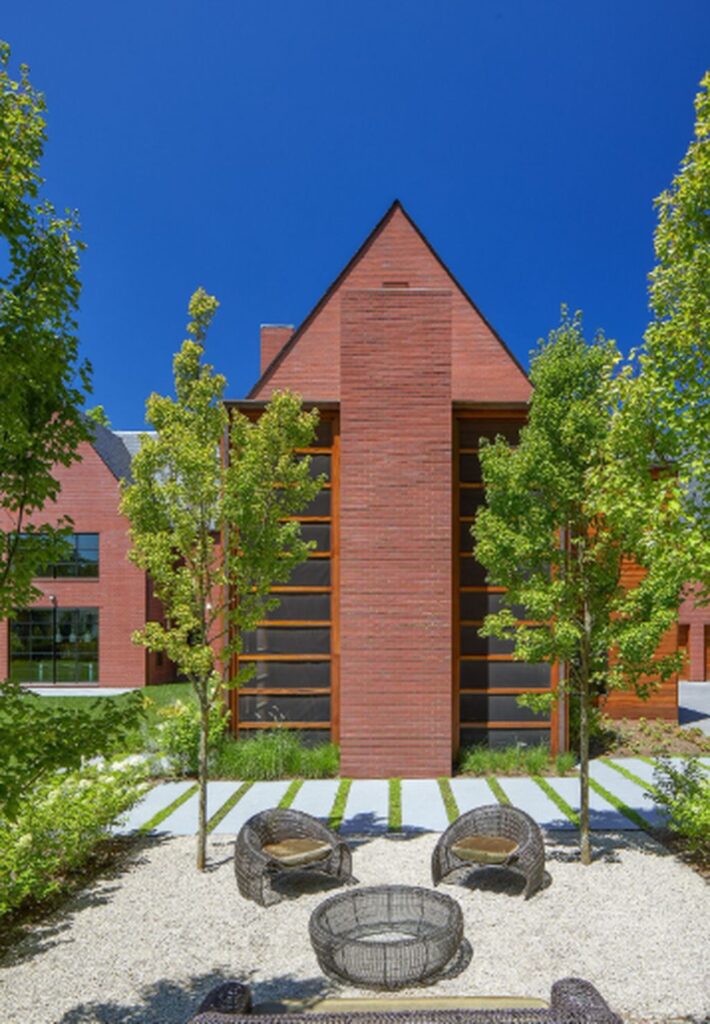 Setting a Precedent
Setting a Precedent
Zuckerberg’s move may set a precedent for other tech leaders to establish a physical presence in Washington, D.C., recognizing the strategic advantages of being close to the center of political power. This trend could lead to increased collaboration between the tech industry and government, influencing the direction of future policies and regulations.
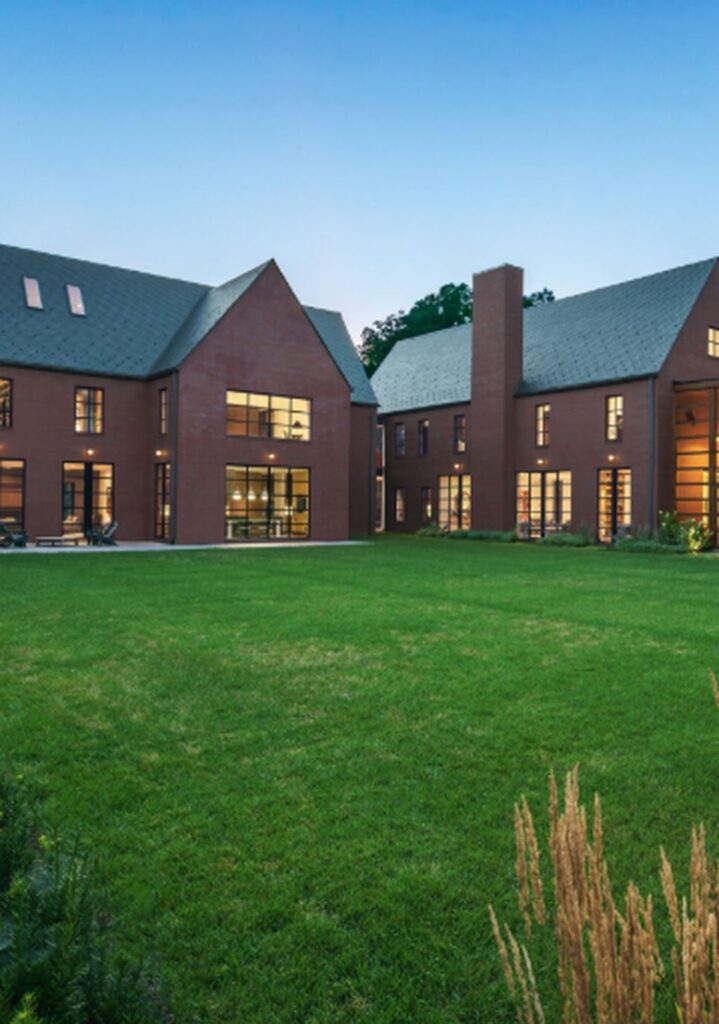 Conclusion
Conclusion
Mark Zuckerberg’s $23 million mansion purchase in Washington, D.C., is more than a real estate transaction; it’s a strategic investment in political capital. By positioning himself within close proximity to the nation’s decision-makers, Zuckerberg enhances Meta’s ability to navigate regulatory challenges and influence tech policy. This move reflects a broader trend among tech moguls recognizing the importance of physical presence in the capital to shape the future of the industry.
